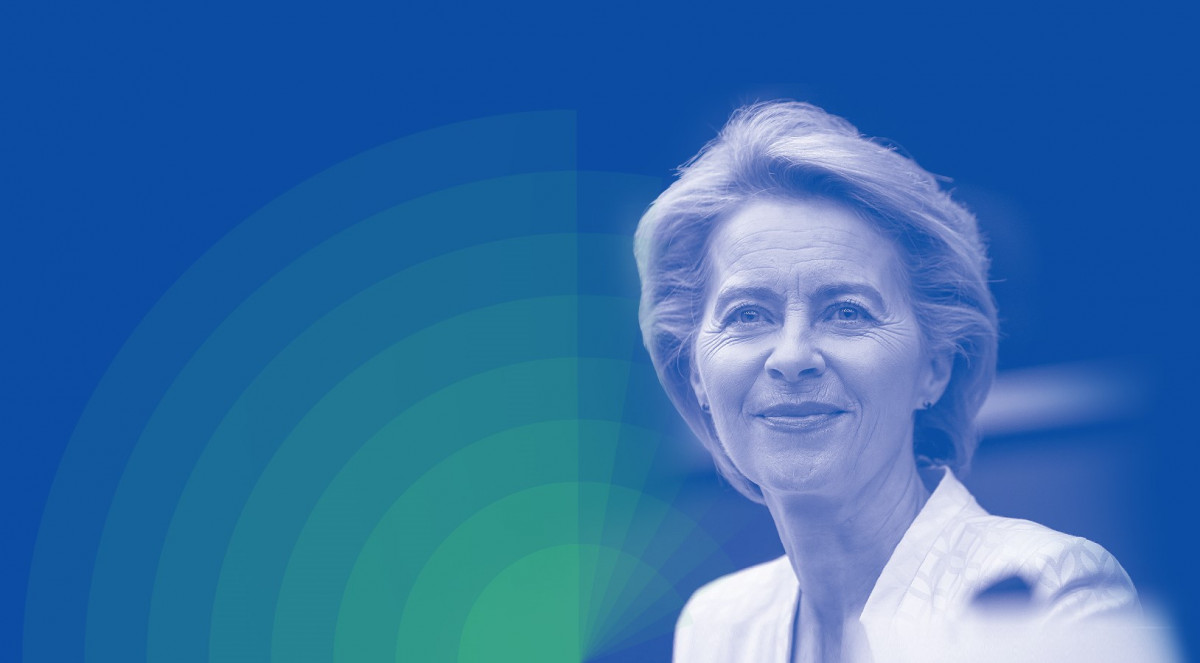Research Tour: The new EU Commission’s climate drive: What does it mean for member countries?
The incoming European Commission is set to take office on 1 December. Ursula von der Leyen, the first woman to become commission president, has vowed to make climate action a cornerstone of her political agenda, with several key projects being started in the first 100 days in office. These include a European Green Deal, setting a new goal of climate neutrality and enshrining it in a European Climate Law, as well as adopting a Climate Pact.
Support from member states for this ambitious platform is by no means guaranteed. EU member states remain divided on whether to increase ambition on climate and even the progressive ones still need to actually adopt stronger and more effective measures at home to meet the next set of emission reduction targets.
Decisions at EU level on energy and climate policy determine significantly what can and must happen at the country level. What happens in Brussels is of key importance for national policy – and understanding the politics and the actors crucial for the debates and their impact on domestic issues.
This research tour will provide essential background on EU energy and climate policy making and cover topics of relevance to national policies. Topics will include:
- How does Brussels policy-making work, what are the roles of the European Commission and the Parliament? And how do business associations and civil society represent their interest in the political process?
- What are the key climate policy related processes under the new European Commission and how are they expected to influence member states
- How is EU policy influencing the security of energy supply in Europe - and what is the role of natural gas in this context?
- How can EU-level action shape the future of transport at all levels of the economy, developing new technologies and supporting the necessary infrastructure?
The research tour will be implemented in collaboration with the Ecologic Institute, a think tank based in Berlin with a strong focus on EU environmental policy, which will provide both logistical support and content expertise to the programme and the tour itself.

